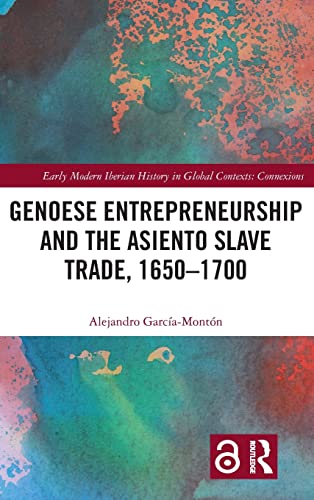

Most ebook files are in PDF format, so you can easily read them using various software such as Foxit Reader or directly on the Google Chrome browser.
Some ebook files are released by publishers in other formats such as .awz, .mobi, .epub, .fb2, etc. You may need to install specific software to read these formats on mobile/PC, such as Calibre.
Please read the tutorial at this link. https://ebooknice.com/page/post?id=faq
We offer FREE conversion to the popular formats you request; however, this may take some time. Therefore, right after payment, please email us, and we will try to provide the service as quickly as possible.
For some exceptional file formats or broken links (if any), please refrain from opening any disputes. Instead, email us first, and we will try to assist within a maximum of 6 hours.
EbookNice Team

Status:
Available4.6
8 reviewsThis book explains how Genoese entrepreneurs transformed the structures of global trade during the second half of the seventeenth century. The author reconstructs the business network built by the Genoese merchant Domenico Grillo between the 1650s and the 1680s. Grillo’s business interests stretched from the Mediterranean to Pacific South America, traversing and joining the Spanish, Dutch, and English Atlantics. He and his associates created a new business model that was to be emulated by Dutch, French, and English traders in subsequent decades: the monopolisticasientosfor the exploitation of the trans-imperial and intra-American slave trade to Spanish America. Offering a connected history of capitalism across trans-continental geographies and different empires, this book challenges established views of a period which has traditionally been interrogated from a northern European mercantile perspective. Cutting across the histories of the slave trade in the Atlantic world, early modern capitalism, and early modern empire, this study has much to offer to students and scholars interested in the agents, economic practices, and geographies of trade that do not easily fit into and therefore disrupt the traditional narratives of the Rise of the West.